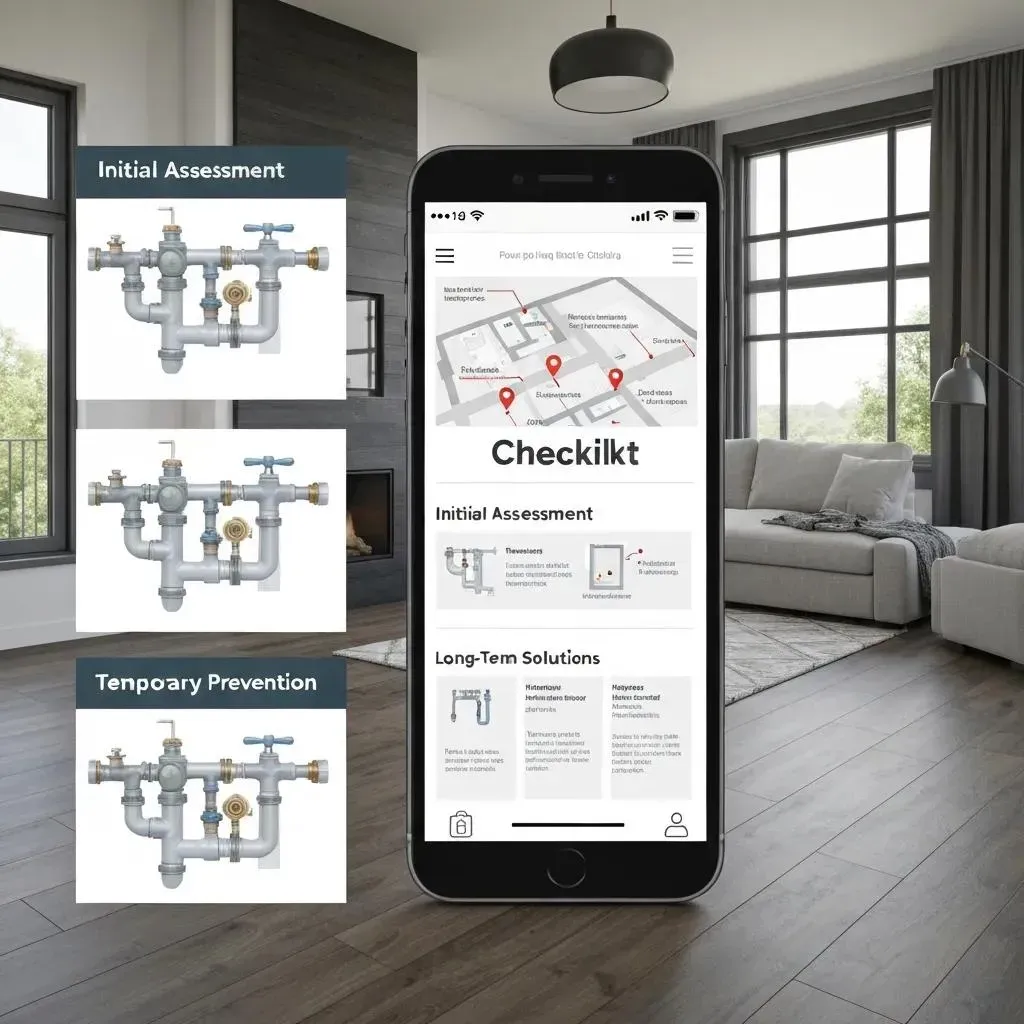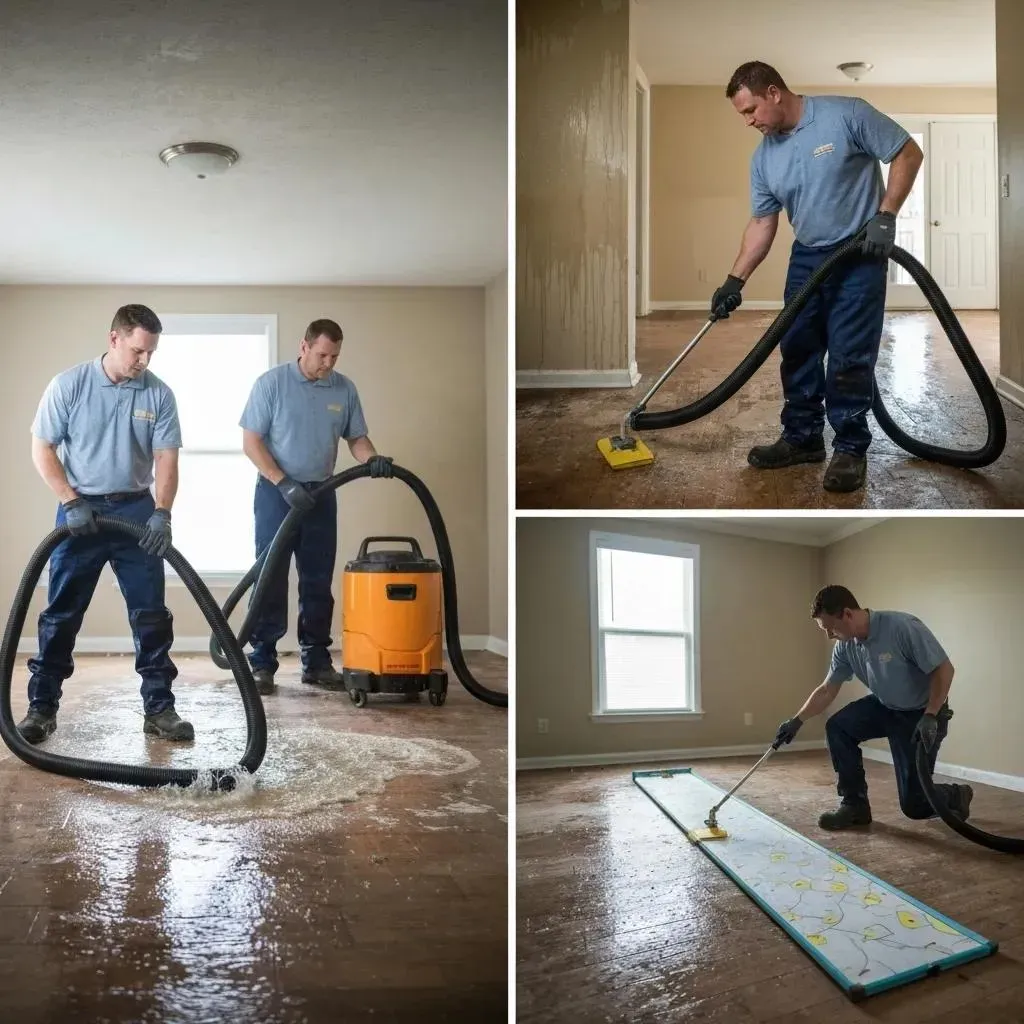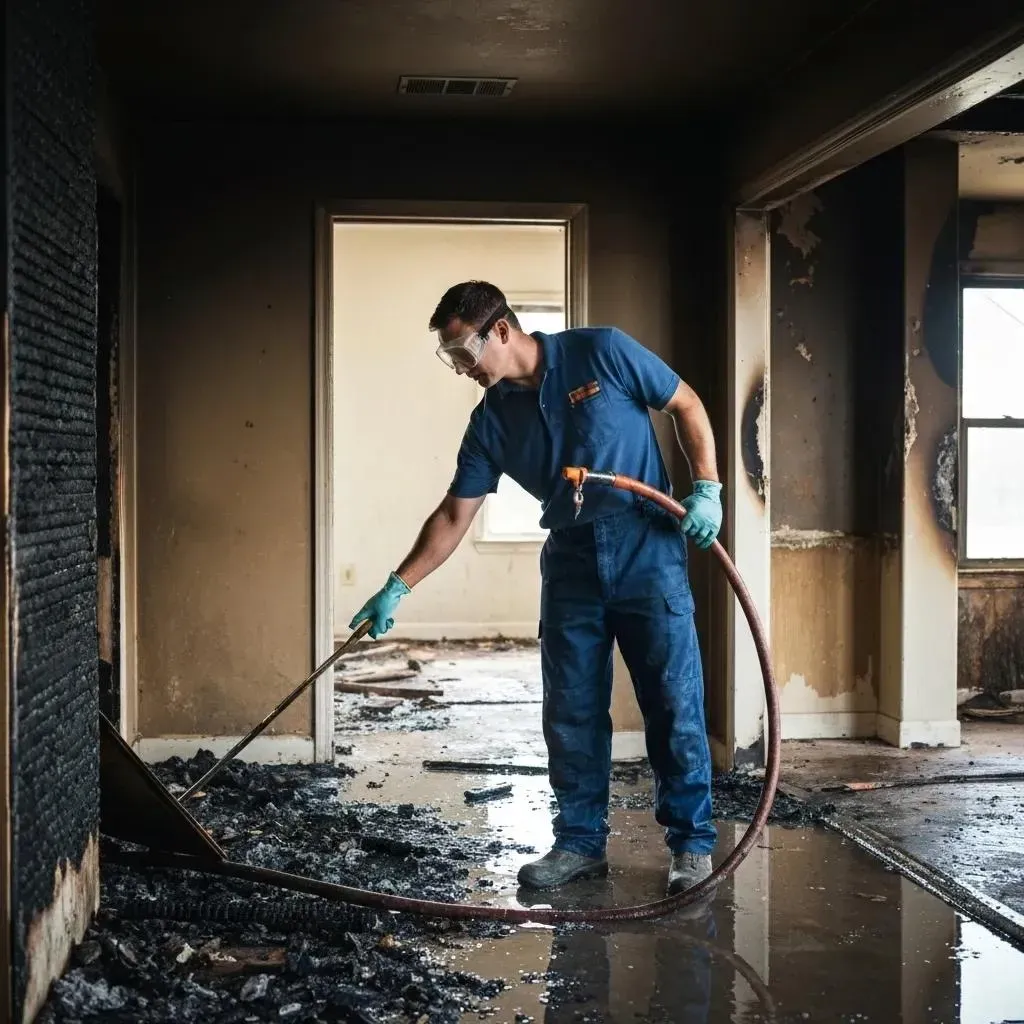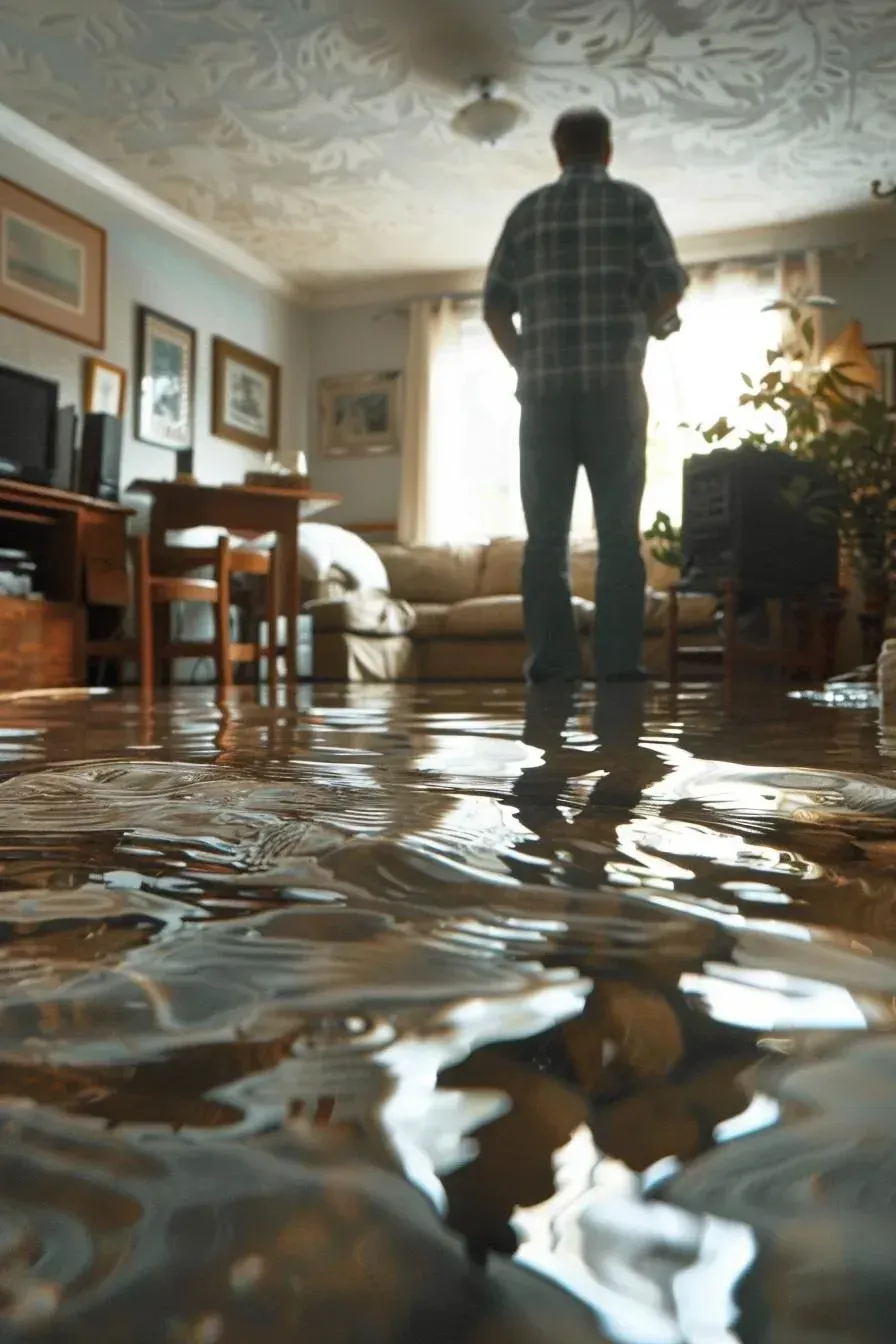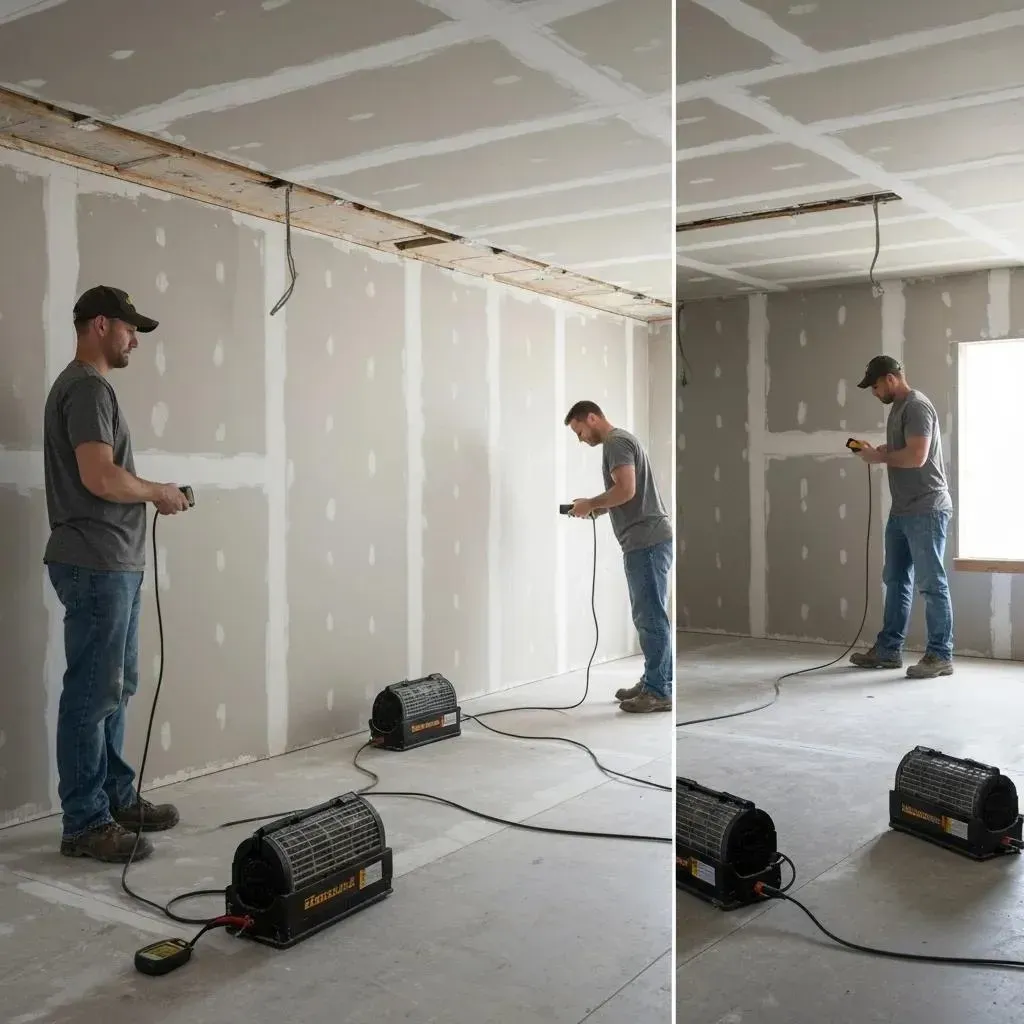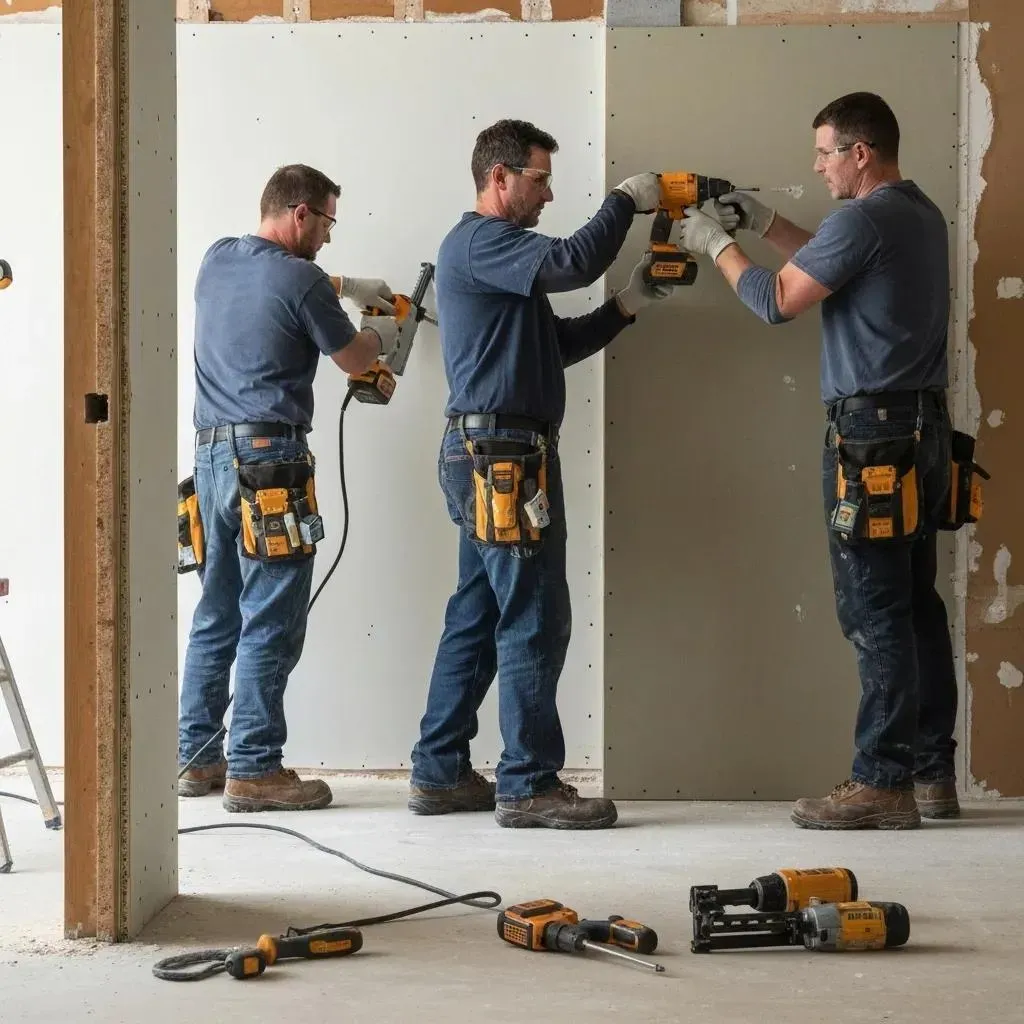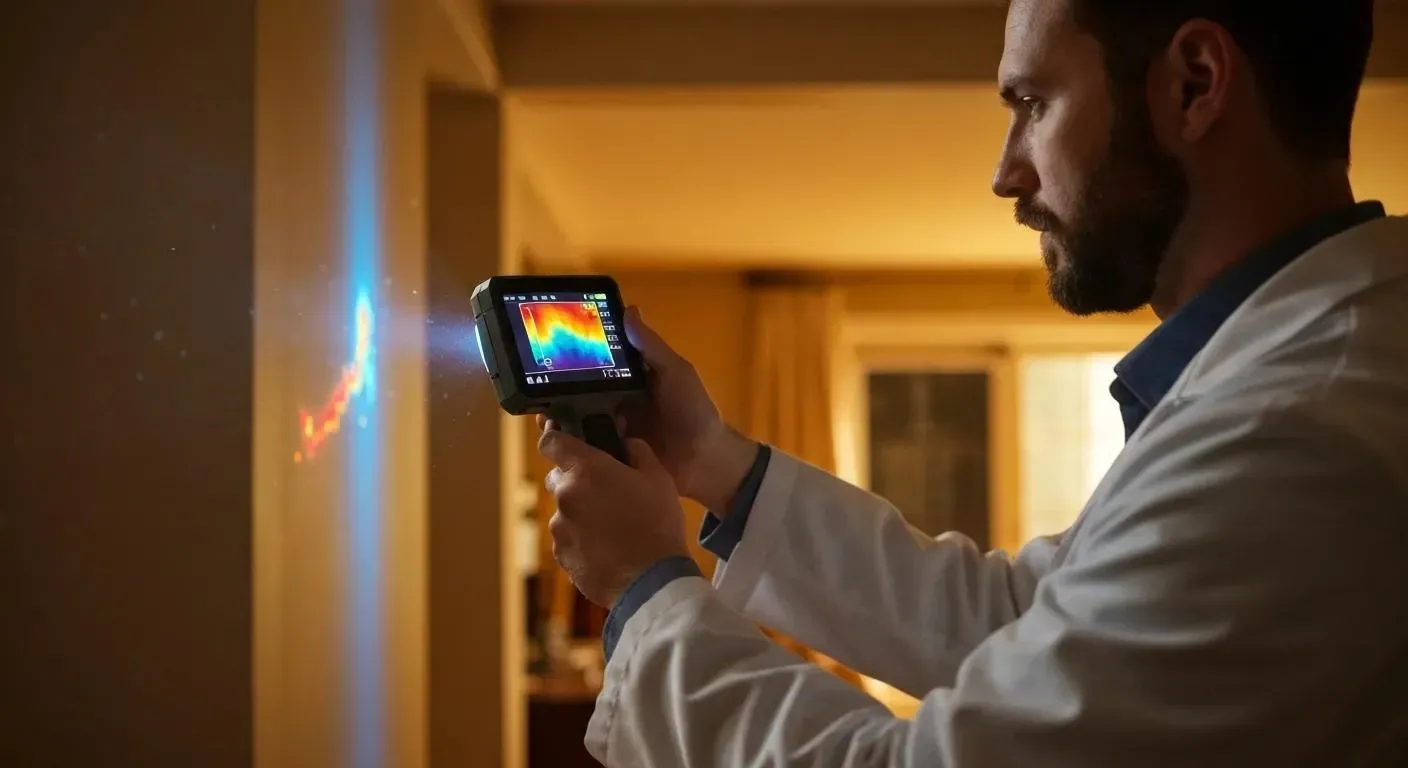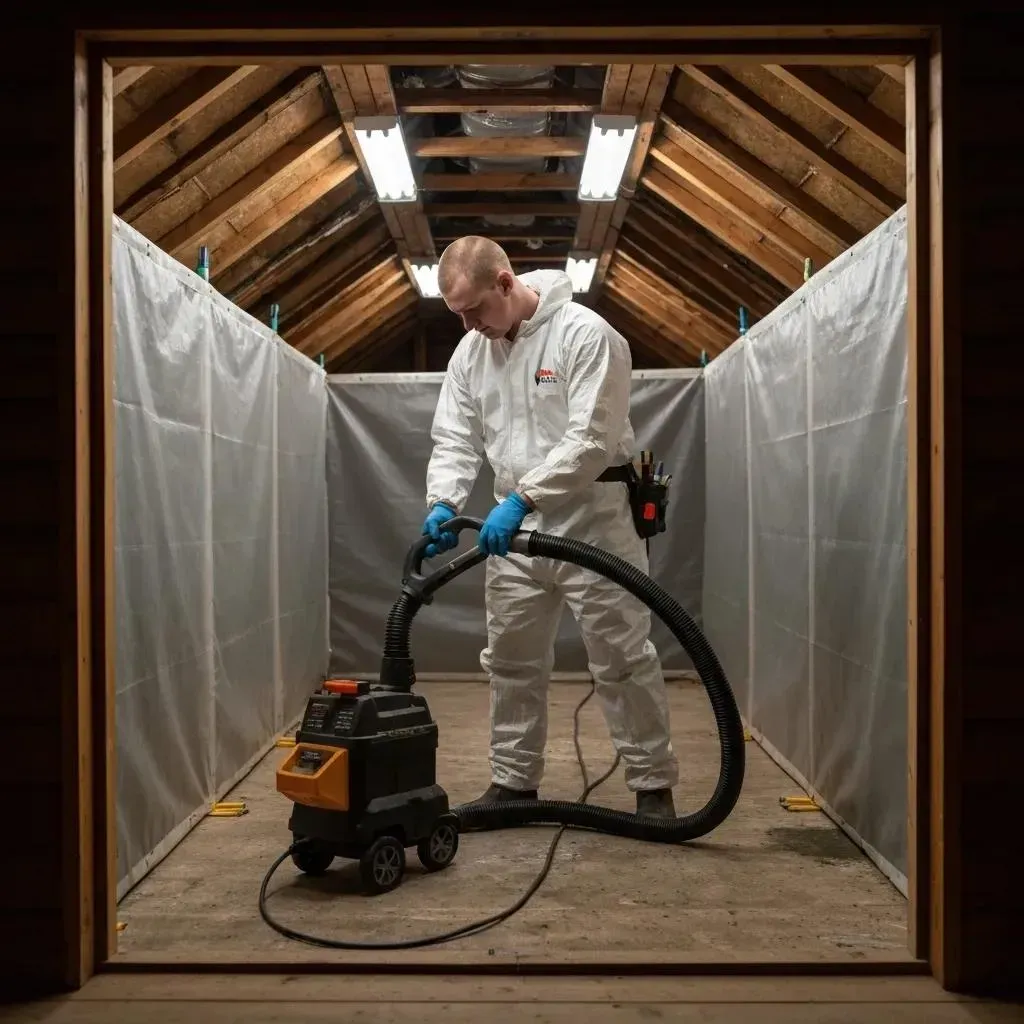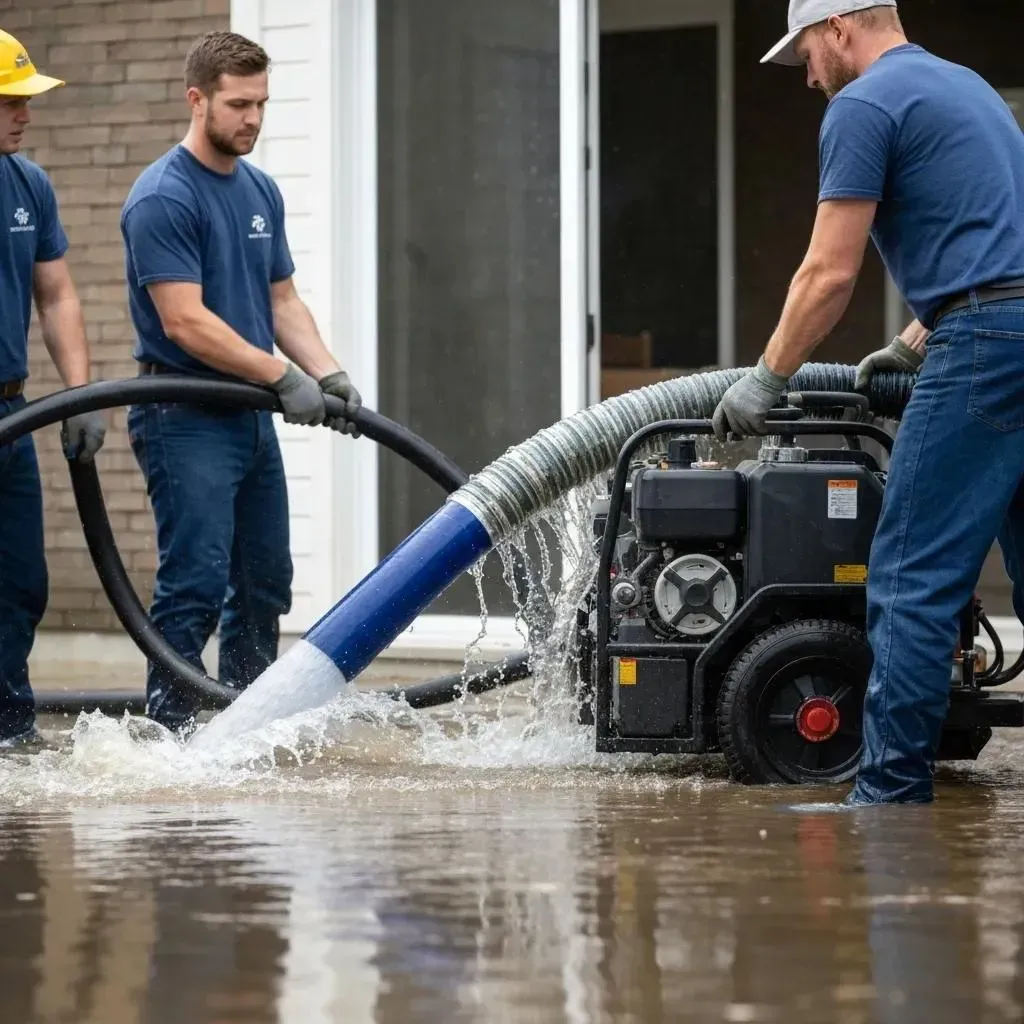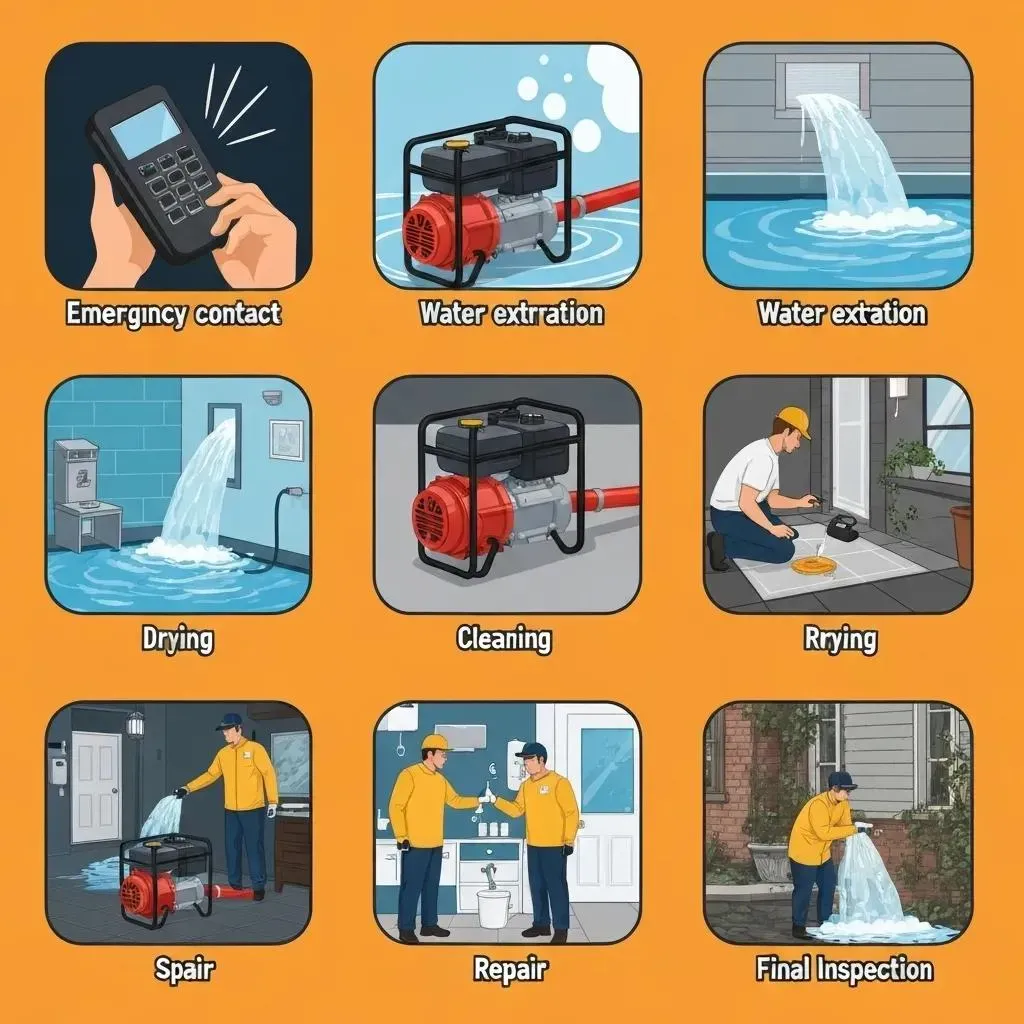Blog
What Every Denver, CO Homeowner Needs to Know About Water Damage Insurance Claims
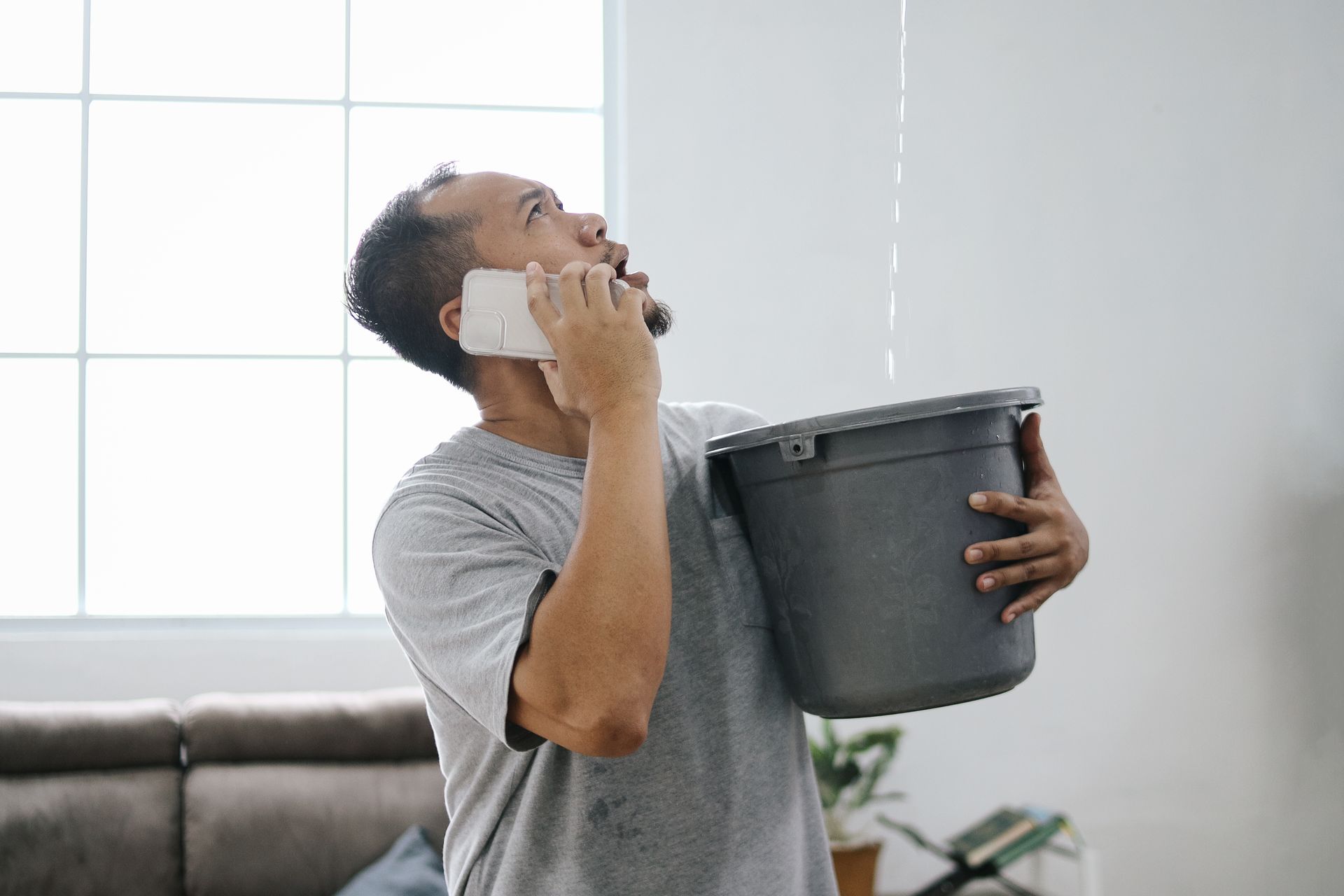
A Denver family recently called us in a panic after discovering a burst pipe had soaked their basement overnight. Water ruined their flooring, damaged furniture, and started creeping up drywall. The worst part? They weren't sure if their homeowners insurance would cover the damage—or how to even begin the claims process.
They’re not alone. According to the Insurance Information Institute, water damage is one of the most common types of home insurance claims in the U.S., with over $13 billion paid out each year. And here in Denver, with freezing winters and aging infrastructure, the risks are even higher.
If you're feeling lost or overwhelmed, this guide is for you. Whether you're dealing with a leak, flood, or burst pipe, here's what you need to know about homeowners insurance claims for water damage—especially if you live in the Mile High City.
Not All Water Damage Is Covered
Understanding what your policy does and doesn’t cover is the first step in handling water damage. Many homeowners assume that any kind of water damage is included, but that’s not always true.
What's Usually Covered
Most policies cover sudden and accidental water damage—things like a burst pipe, a broken washing machine hose, or water from putting out a fire. These incidents are unpredictable and often result in immediate damage, which insurers generally consider valid claims.
What's Usually Not Covered
Gradual water damage that occurs over time, such as from a slow leak under a sink, often isn’t covered. External flooding from rainstorms or overflowing rivers usually requires separate flood insurance. Sewer backups are also excluded unless you’ve purchased an endorsement or rider. Knowing this distinction could save you from unexpected costs.
You Need to Act Fast
Time is critical when water damage strikes. The longer water sits, the more destruction it causes—and the more likely your insurance provider is to question your claim.
What to Do Immediately
Turn off your main water valve if the source is inside your home. Next, document the damage thoroughly with photos and videos, capturing everything from wet carpets to water-stained ceilings. Notify your insurance company as soon as possible, and call a professional restoration team to start mitigation. Waiting too long can make it look like you didn’t take reasonable steps to reduce further damage.
File the Right Type of Claim
Not all damage gets handled the same way. Knowing which parts of your policy to activate makes a big difference in your payout.
Common Claim Types
Dwelling Coverage helps pay for repairs to your home’s structure—like walls, flooring, or built-in cabinetry. Personal Property Coverage handles belongings like your TV, clothing, or furniture that got damaged. Loss of Use coverage kicks in if you’re forced to leave your home and covers expenses like hotel stays and meals. Identifying which type applies helps streamline the claim and avoids delays.
Documentation Can Make or Break Your Claim
Insurance companies want proof, and the more you provide, the better chance you have of getting your full payout.
Keep Records of:
Take clear, timestamped photos before you clean up anything. Save all invoices, from restoration services to new appliances. Keep copies of emails and notes from phone calls with your insurer. If you hire contractors, get written estimates and receipts. Every piece of evidence helps validate your claim and shows that you acted quickly and responsibly.
You May Need an Adjuster On Your Side
Sometimes, having your own expert can make the process less stressful and more fair.
Public Adjusters vs. Company Adjusters
Insurance companies send out their own adjusters, whose job is to protect their interests—not necessarily yours. Hiring a public adjuster means you have someone working for you. They assess damage, negotiate with the insurance company, and help maximize your claim. This can be especially helpful for large or complex damage where the stakes are high.
Prevention Affects Your Claim
Insurers reward proactive homeowners and penalize negligence. The condition of your home and your response can influence whether your claim gets approved.
What Insurers Consider Negligence
If your insurer finds that you ignored warning signs—like a known leak—or failed to maintain heating in cold weather, they might deny your claim. Regular maintenance, seasonal inspections, and prompt repairs all show that you did your part. It’s also smart to document preventative actions, like installing a sump pump or using pipe insulation, to show your intent to protect your home.
Mold Can Complicate Things
Mold grows quickly and brings serious health risks, but insurance coverage for mold isn’t always straightforward.
Is Mold Covered?
If mold is a direct result of a covered water damage event and you act quickly, insurance may pay for its removal. However, if the mold existed before the water damage or formed due to neglect, it’s usually excluded. Address mold immediately and ensure it's included in your restoration scope to avoid further problems with your claim and your health.
Know Your Deductible and Coverage Limits
Understanding the financial side of your policy helps you prepare for out-of-pocket costs and avoid surprises during your claim.
Key Financial Terms
Your deductible is the amount you must pay before insurance kicks in. For example, if your damage costs $5,000 and your deductible is $1,000, insurance will cover $4,000. Coverage limits refer to the maximum amount your policy will pay for certain damages. If the water damage exceeds your coverage cap, you’re responsible for the rest. Review your policy annually and talk with your agent to ensure your limits reflect your home’s true value.
Professional Restoration Speeds Up the Process
Calling in professionals doesn’t just help your home—it also helps your claim.
Why It Helps
A certified restoration team knows how to document damage in a way insurance companies accept. They also have the tools to prevent mold growth and further damage, which helps validate your efforts to mitigate losses. Many reputable companies (like ours) will even handle insurance paperwork and work directly with your adjuster to speed things along.
Frequently Asked Questions
- How long do I have to file a water damage insurance claim in Colorado?
Most insurance companies require you to file a claim within 30 to 60 days of discovering the damage, but the sooner you report it, the better. - Can I choose my own contractor for water damage repairs?
Yes, you have the right to choose your preferred licensed contractor; your insurance provider may suggest vendors, but the final decision is yours. - Does homeowners insurance cover damage from a leaking roof?
Typically yes, if the leak is sudden and caused by a covered event like a storm. Long-term wear or neglect may not be covered. - Will filing a water damage claim increase my premiums?
It’s possible. Insurance companies may raise rates after a claim, especially if you’ve filed multiple claims in a short period.
How Accountable Home Services Can Help You
At Accountable Home Services, we help Denver homeowners navigate the chaos of water damage from start to finish. We’ve seen it all—from frozen pipes to storm floods—and we know how to get your home (and your life) back to normal.
Here’s what we offer:
- 24/7 emergency response and damage assessment
- Certified water damage cleanup and mold remediation
- Direct communication with your insurance company
- Help with documentation and claim support
- Full reconstruction services when needed
Call Accountable Home Services today at (720) 620-3272 or visit us at 1347 E 73rd Ave, Denver, CO 80229. We’ll help you restore your home—and make sure your insurance works for you.

